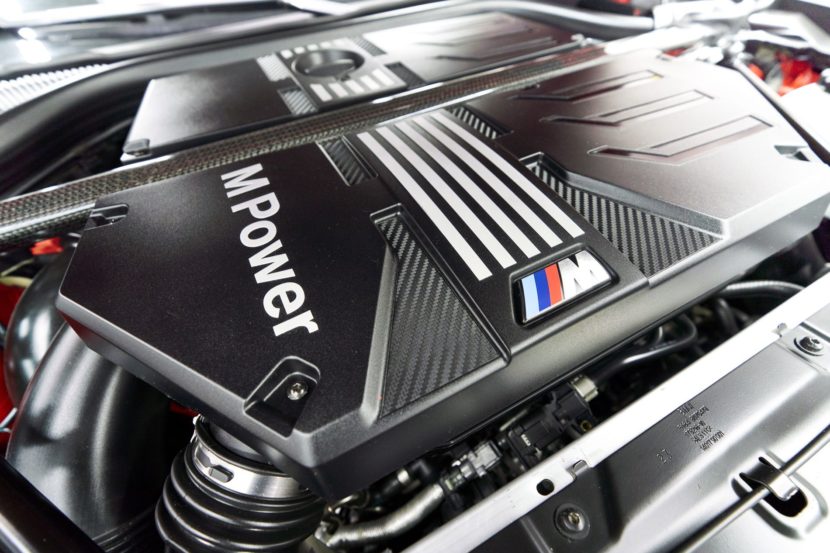BMW established a sales record in 2023 when it delivered 2,253,835 cars. It was an all-time high for the Bavarian brand, with the growth largely fueled by stronger demand for purely electric vehicles. EVs accounted for 15% of total shipments. In 2024, the German luxury marque expects zero-emission cars to represent 20% of volume, before increasing to 25% in 2025. By 2030, more than half of BMW’s annual sales will be EVs.
With that in mind, the following statement made by chief financial officer Walter Mertl might not come as a shock: “The tipping point for the combustion engine is already there.” He believes sales of BMWs with gasoline/diesel engines peaked in 2023, adding the current sales level will continue before beginning to fall.
In other words, BMW reckons that the ICE’s best days are effectively behind it, suggesting it’s all downhill from here. Of the 2,253,835 cars sold last year, precisely 330,596 units were EVs, up by a massive 92.2% compared to 2022. That means 1,923,239 vehicles had a combustion engine, installed in gasoline, diesel, and plug-in hybrid cars.
The combustion engine’s projected downfall makes sense for several reasons. BMW will usher in the Neue Klasse platform from 2025, giving birth to a vast family of EVs. Six models on the next-gen underpinnings are coming out by 2028. In addition, the existing CLAR platform is expected to underpin a couple of new high-volume electric models, namely iX5 and iX6.
On top of that, increasingly stringent emissions regulations will force BMW to accelerate its transition to EVs. Higher taxes on ICE cars in countries from the European Union will make more and more people switch to EVs. Let’s keep in mind that the EU has pledged to effectively ban sales of new cars that generate harmful emissions from 2035. The legislation does leave the door open for vehicles powered by combustion engines that run on synthetic fuel or hydrogen. However, it remains to be seen whether these technologies will be viable for mass production a decade from now.
Source: Automotive News Europe

